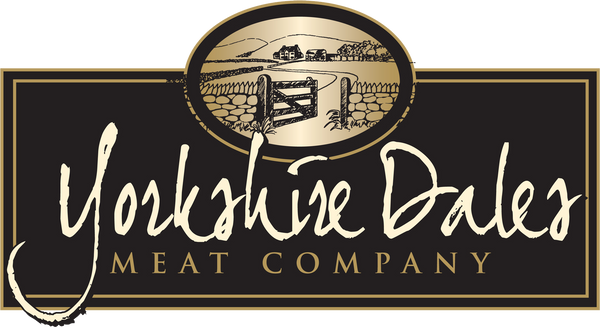What is Agricultural Property Relief (APR) and Business Property Relief (BPR)?
APR and BPR are tax reliefs designed to help individuals pass on agricultural or business assets to the next generation without incurring hefty inheritance tax bills. APR applies to agricultural property, such as farmland and buildings used for farming purposes, while BPR applies to business assets, including shares in qualifying unlisted companies.
How Will Changes to APR and BPR Affect Agriculture?
Recent changes to APR and BPR have the potential to impact the agricultural sector in several ways. One significant change is the tightening of eligibility criteria for these reliefs. This means that some assets that previously qualified for relief may no longer do so, leading to increased tax liabilities for farmers and landowners.
Here at Mill Close Farm, where we have farmed since 1910, these changes will have a devasting affect. After the land is passed from Stephen to James, a fourth generation farmer, then a potential tax bill could arise meaning we would need to sell approximately 20 acres to pay this bill. This would need to be sold straight away, to cover the tax bill, but ownership thorough probate can take over a year. The 20 acres would be the size of one of our 7 arable crop producing fields. We have very slim margins which we operate on now so the profit margin would be reduced further. The removal of the basic payment scheme means there are not the subsidies for farmers that there used to be for looking after the land. Larger and more expensive machinery is required to reduce labour and fuel and benefit from economies of scale while operating on smaller margins. With a reduction in the overall acreage the profit margin becomes smaller meaning it is more challenging making ends meet.
The reason Stephen set up Yorkshire Dales Meat was that he felt the farming operation could not support two families. James spends an increasing amount of time farming alongside managing YDM.
The APR relief allows the farm to be passed down tax free to the next generation. Farming is not a job it is a lifestyle. If you choose to be involved and many are born into it, then you accept late nights, long hours, weekend work and low pay. The APR was something that allowed generational agriculture to continue. James has two sons which may want to continue farming. Without it in place many family farms will disappear.
Where does this leave the food security of this country?
